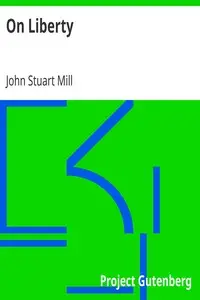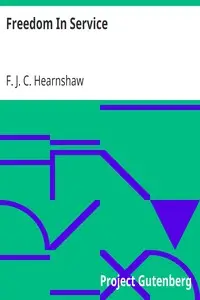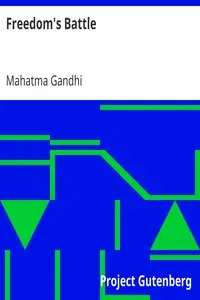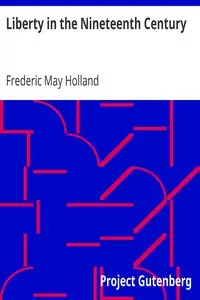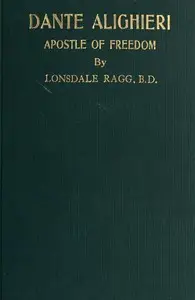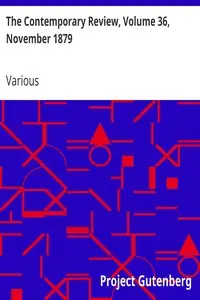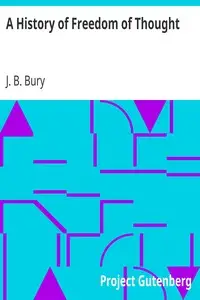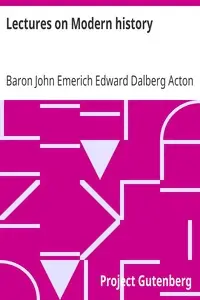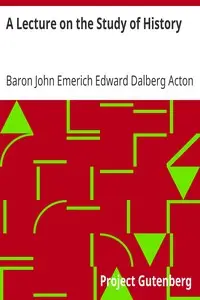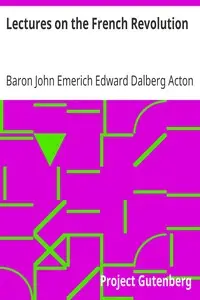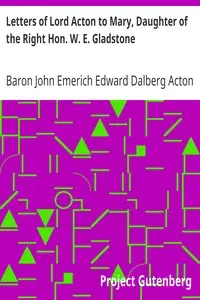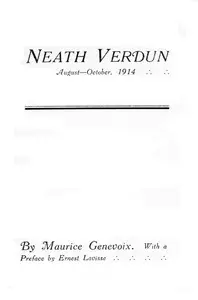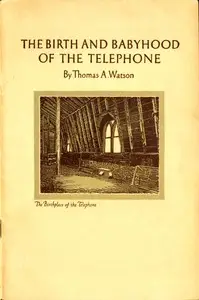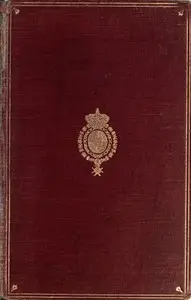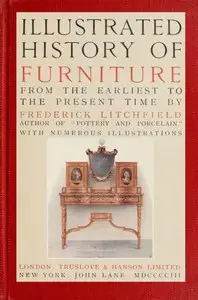"The History of Freedom, and Other Essays" by John Emerich Edward Dalberg Acton Acton is a compilation of historical essays that explore the winding path of freedom through human history. It examines freedom's role in politics, society, and individual action, looking at how civilizations have either championed or suppressed it. The collection kicks off by setting the stage, explaining freedom's power to drive both good and bad deeds during history. True freedom, is shown to be the understanding that people are safe to act on their beliefs, especially when facing pressure from those in charge or popular opinion. The writing highlights the battles fought for liberty and what happens when governments either support or stomp on those fundamental rights. The work starts a big discussion about the tug-of-war between those in power and the rights of each person by using a variety of past instances.
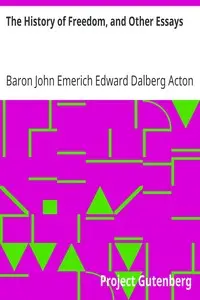
The History of Freedom, and Other Essays
By John Emerich Edward Dalberg Acton Acton
Journey through history to explore the fierce battles for freedom and the constant struggle to balance authority with the rights of the individual.
Summary
About the AuthorJohn Emerich Edward Dalberg-Acton, 1st Baron Acton, 13th Marquess of Groppoli,, better known as Lord Acton, was an English Catholic historian, politician, and writer. A strong advocate for individual liberty, Acton is best known for his timeless observation on the dangers of concentrated authority. In an 1887 letter to an Anglican bishop, he famously wrote, "Power tends to corrupt, and absolute power corrupts absolutely," underscoring his belief that unchecked power poses the greatest threat to human freedom. His works consistently emphasized the importance of limiting governmental and institutional power in favor of individual rights and personal liberty.
John Emerich Edward Dalberg-Acton, 1st Baron Acton, 13th Marquess of Groppoli,, better known as Lord Acton, was an English Catholic historian, politician, and writer. A strong advocate for individual liberty, Acton is best known for his timeless observation on the dangers of concentrated authority. In an 1887 letter to an Anglican bishop, he famously wrote, "Power tends to corrupt, and absolute power corrupts absolutely," underscoring his belief that unchecked power poses the greatest threat to human freedom. His works consistently emphasized the importance of limiting governmental and institutional power in favor of individual rights and personal liberty.

